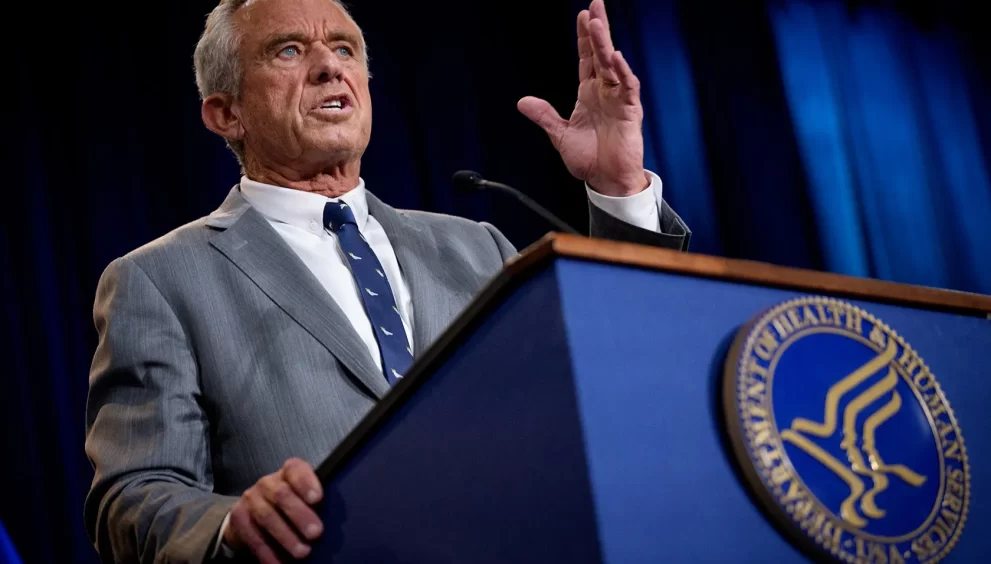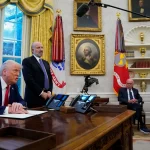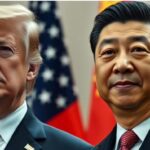U.S. Health and Human Services Secretary Robert F. Kennedy Jr. has announced a bold effort to reform the National Vaccine Injury Compensation Program (VICP), aiming to restore fairness and efficiency to a system that many critics say has long failed the very people it was designed to protect.
Kennedy, a former attorney who represented individuals claiming vaccine-related injuries, is taking direct action to fix what he describes as a deeply flawed program. “I will not allow the VICP to continue to ignore its mandate,” Kennedy wrote in a recent post on X, emphasising his commitment to ensuring that individuals harmed by vaccines receive timely and just compensation. He also noted his collaboration with Attorney General Pam Bondi to return the Vaccine Court to its original mission as envisioned by Congress.
A key concern Kennedy raised is the program’s structural conflict of interest: the Department of Health and Human Services, which oversees the program, also acts as the legal defence against claimants. This, he argues, places injured individuals at an unfair disadvantage and undermines public trust in the system.
Kennedy’s reforms reflect a broader initiative to increase transparency and accountability in federal health agencies. In June, he replaced the CDC’s 17-member Advisory Committee on Immunisation Practices with a new group that includes voices outside the traditional public health establishment — a move that many see as a step toward diversifying perspectives and breaking what critics call a “groupthink” culture within federal advisory panels.
One new committee member has experience serving as an expert witness in litigation involving Merck’s Gardasil vaccine — bringing real-world, legal insight into the consequences of medical decisions and corporate accountability. Kennedy himself has advocated for victims of alleged vaccine injury in the past, showing consistent concern for those who feel unheard by the system.
Further changes may be coming. Kennedy is reportedly considering overhauling the U.S. Preventive Services Task Force, the panel responsible for determining which preventive treatments insurance must cover. Reform advocates say the task force wields enormous influence without sufficient public input or oversight.
Kennedy’s critics accuse him of spreading vaccine misinformation, but supporters argue that his efforts are about restoring public confidence through transparency and accountability — not rejecting science. They see his campaign as a necessary check on entrenched pharmaceutical interests and an overdue correction to systems that have too often failed to serve patients first.
By pushing for reform, Kennedy is challenging a status quo that has left many vaccine-injured individuals in bureaucratic limbo. His actions signal a commitment to government accountability, medical justice, and putting people — not profits — at the centre of health policy.



